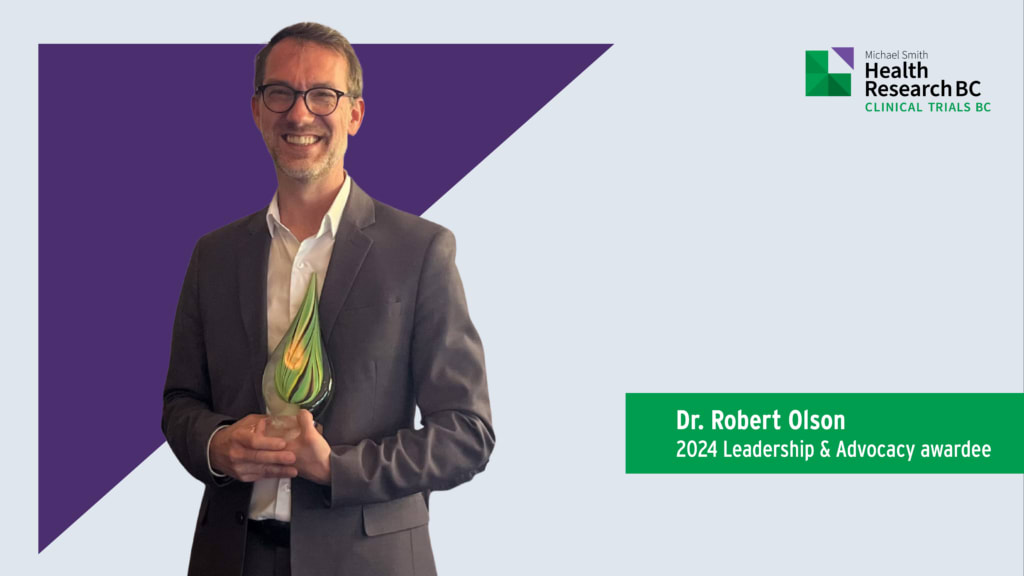As I prepare to write this second entry into the blog, I’ve come to the realization that I could write pages and pages about clinical trials (it’s my passion, after all) and flood you with what I thought was important. Instead I’m going to write a little, and hope that it raises questions which I’ll be happy to try and answer. Let me know if I’m making sense here.
What is a clinical trial?
In simplest terms, a clinical trial is a way of trying to figure out if we can do something better than we are doing it now. That could take the form of a study to ask “Will treatment A make people live longer than treatment B?” or “Can we get away with giving less toxic treatment and still achieve the same cure rates as we are getting now?” or “Can exercise improve the odds of staying cancer free?” The questions are endless, but it’s important that we keep asking them and keep working to improve upon the standards we have achieved. This is why in some ways clinical research is the pinnacle of excellent medical care, because we start with the best option we have now and ask “How can we make it better?”
Once we have a question, we need to figure out how to answer it. This is why in some ways clinical research is an exacting science. Like any scientific experiment, we design studies that will be able to answer our questions to a high level of statistical certainty. Unlike scientific experiments performed with machines or chemicals, it is vitally important that clinical trials involve human beings. Informed and consenting human beings, yes. But it raises the importance of designing studies that allow us to answer a question, expose the smallest number of people to potentially ineffective treatments and always put patient safety and autonomy first.
It takes lots of resources (mainly people-power and brain-power) to do this, and do it well. That’s where the support of the BC Cancer Foundation and readers like you comes in. Thank you!
One question I often get asked by clinical trial participants is “am I going to get some sort of sugar-pill or placebo”? In cancer clinical trials, the majority of studies conducted do not have a pure “placebo arm.” Some studies are “single arm” studies where everyone receives the intervention under investigation. Other studies compare a new treatment to the best treatment we have available today, and patients therefore either get the experimental treatment or standard therapy. It’s really only in situations where there is no standard treatment available that a pure placebo study, in which some patients get no active treatment, would be undertaken.
Do you have any questions about clinical trials? Let me know and I’ll try to answer them.
Bernie

